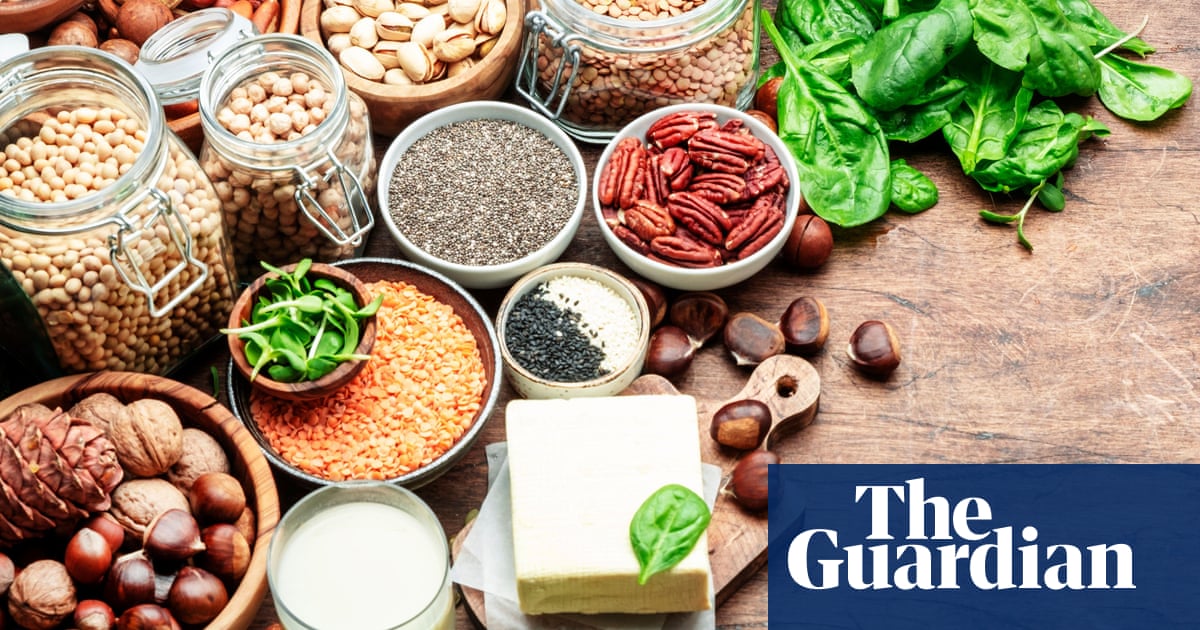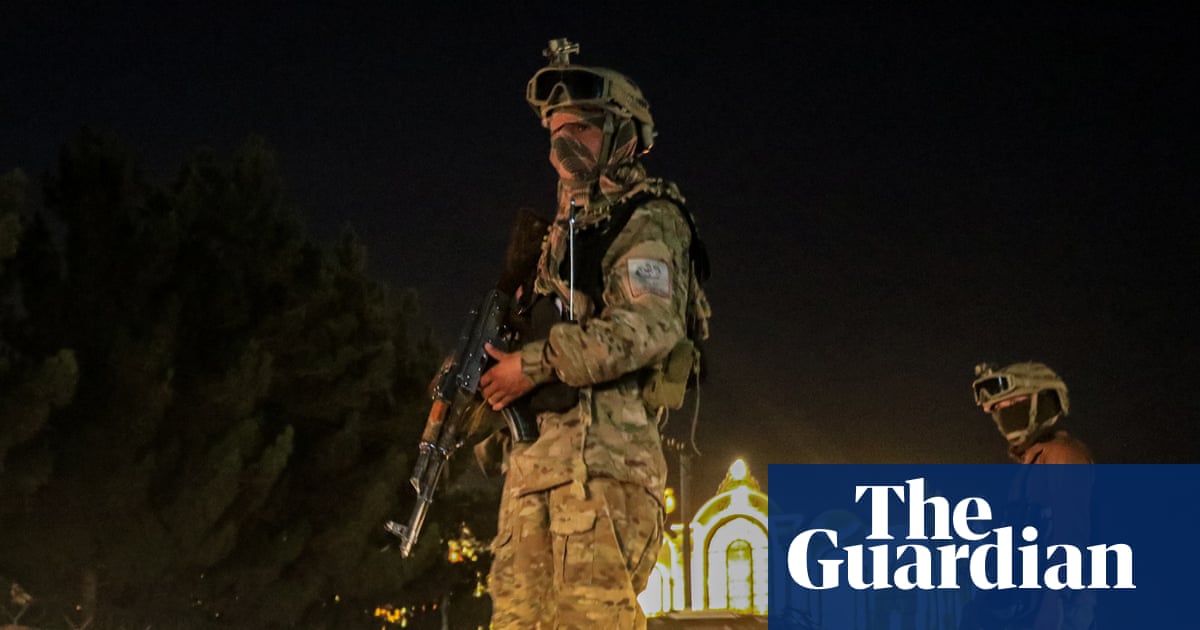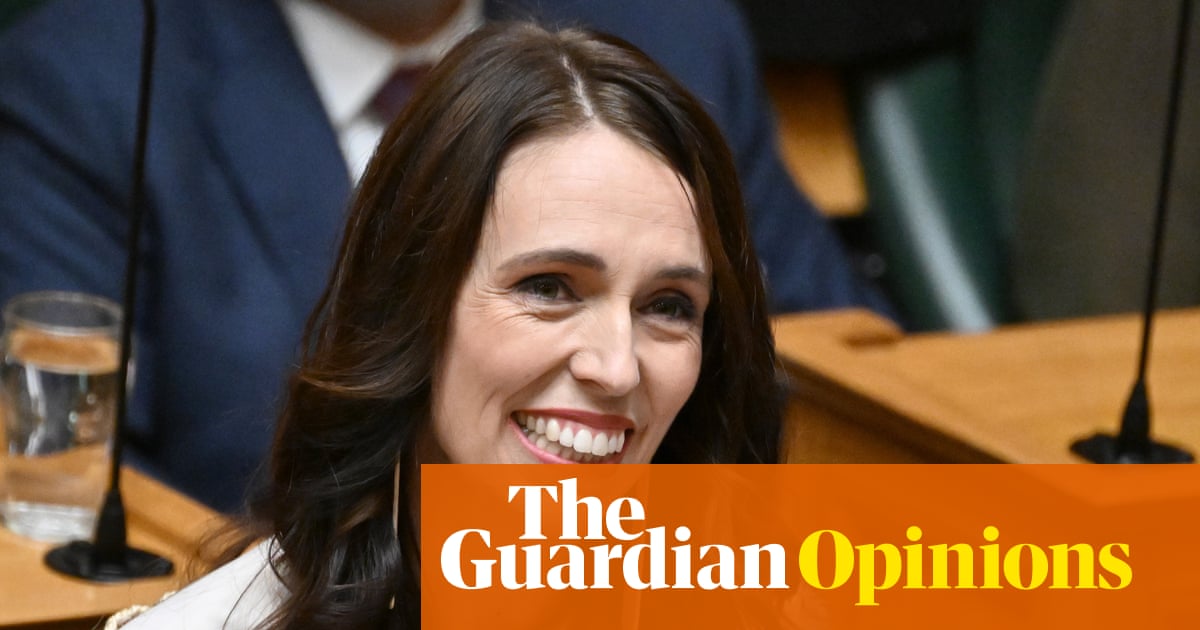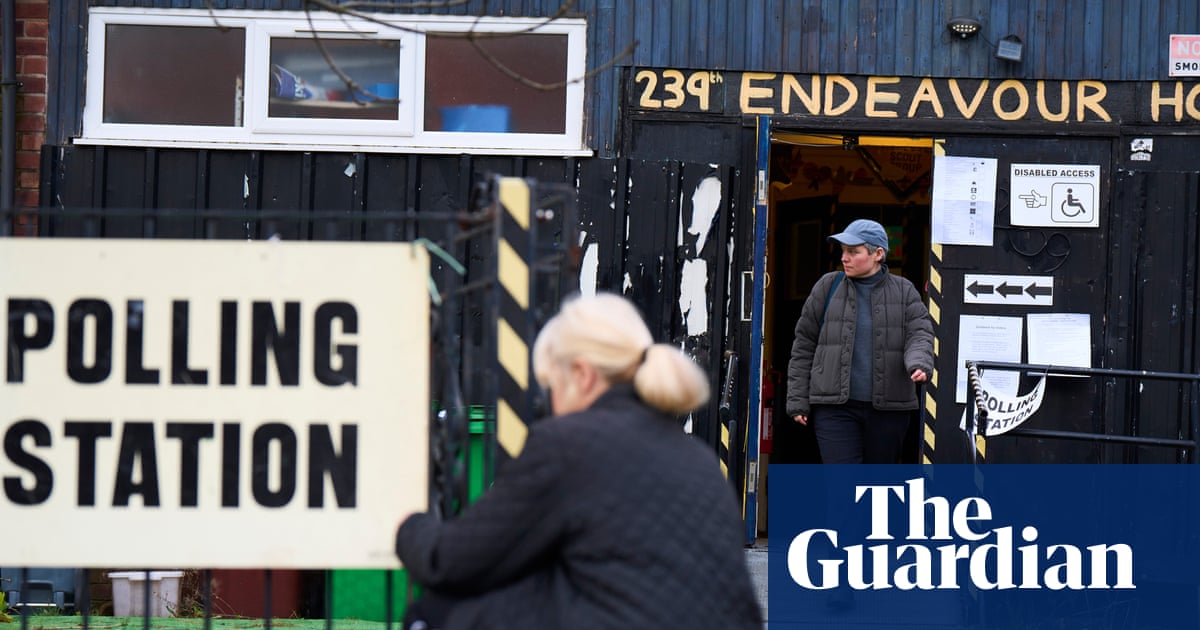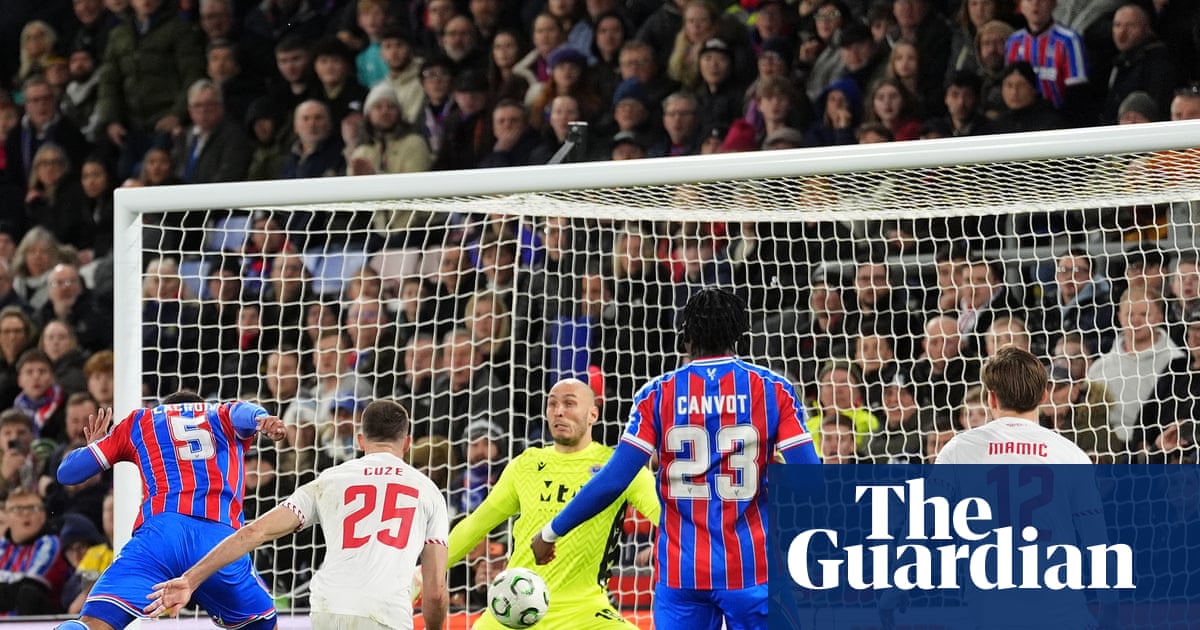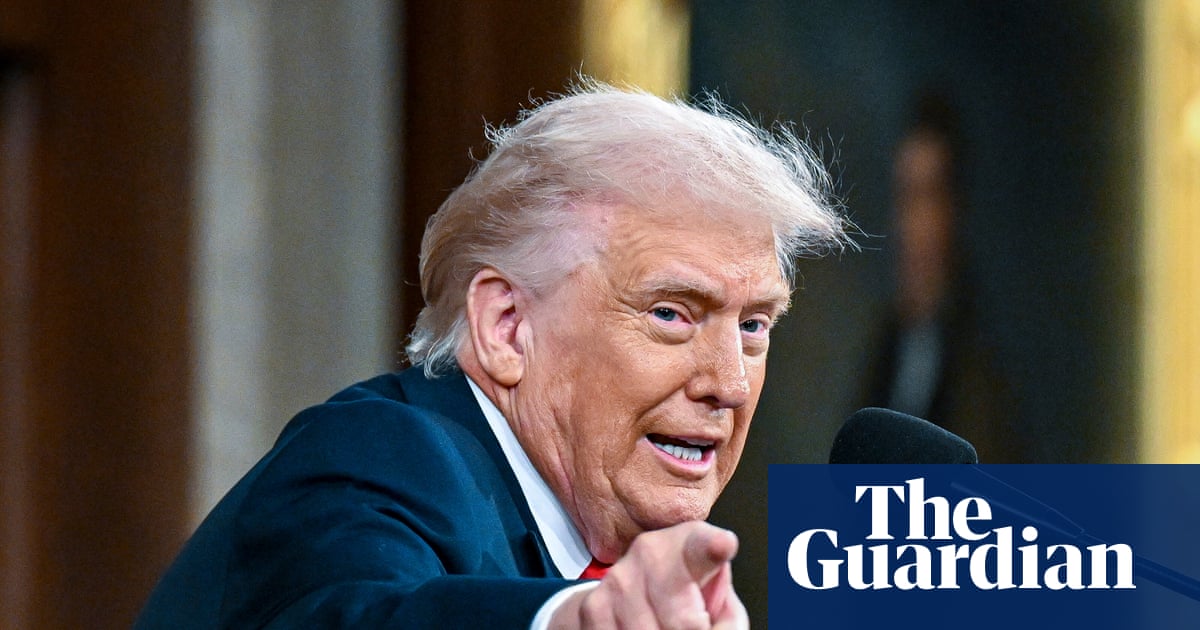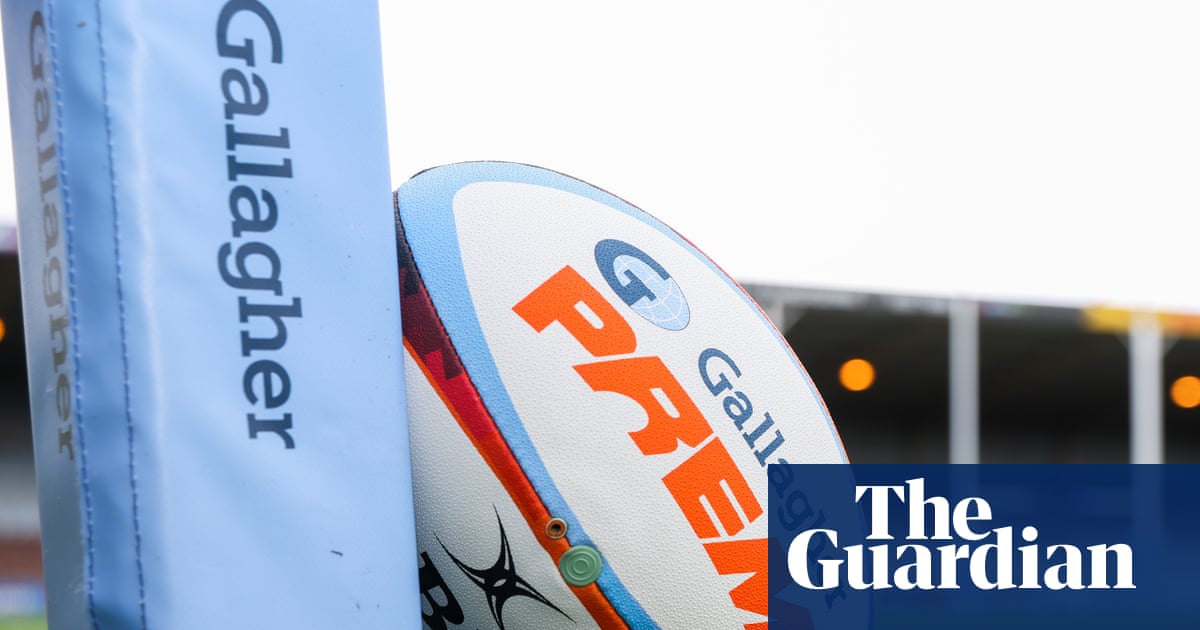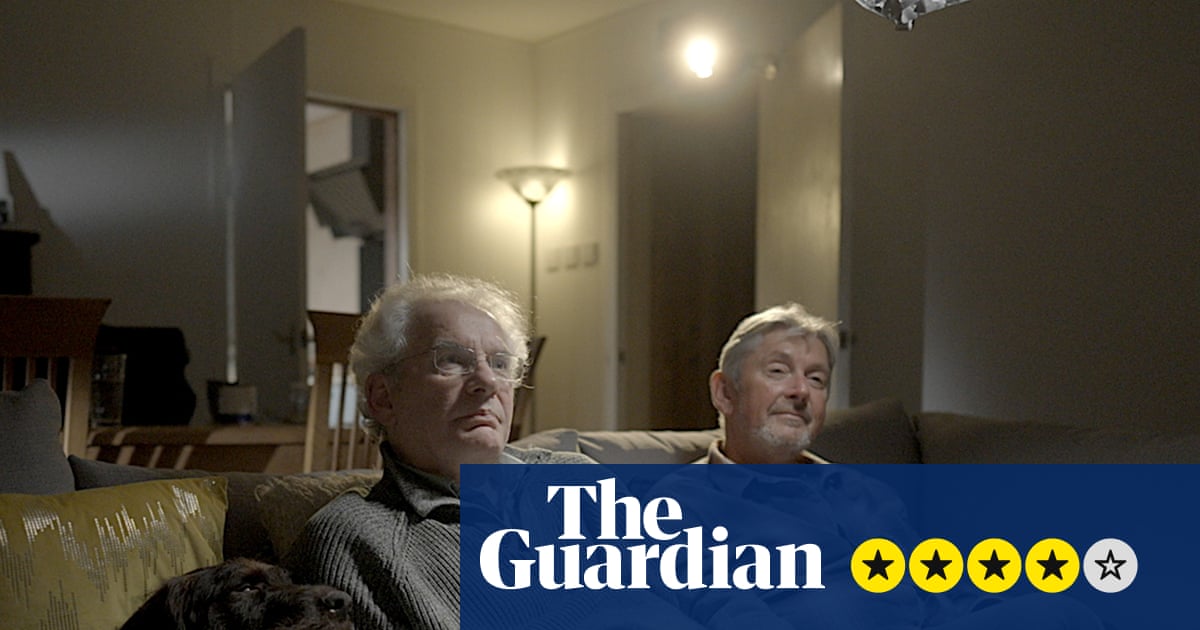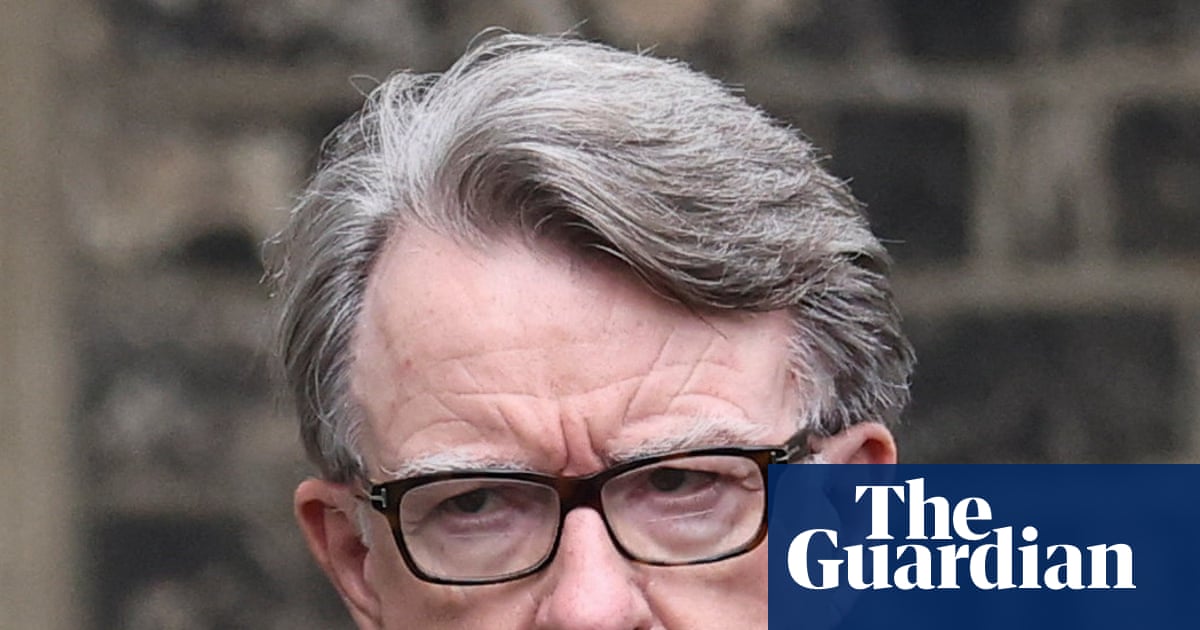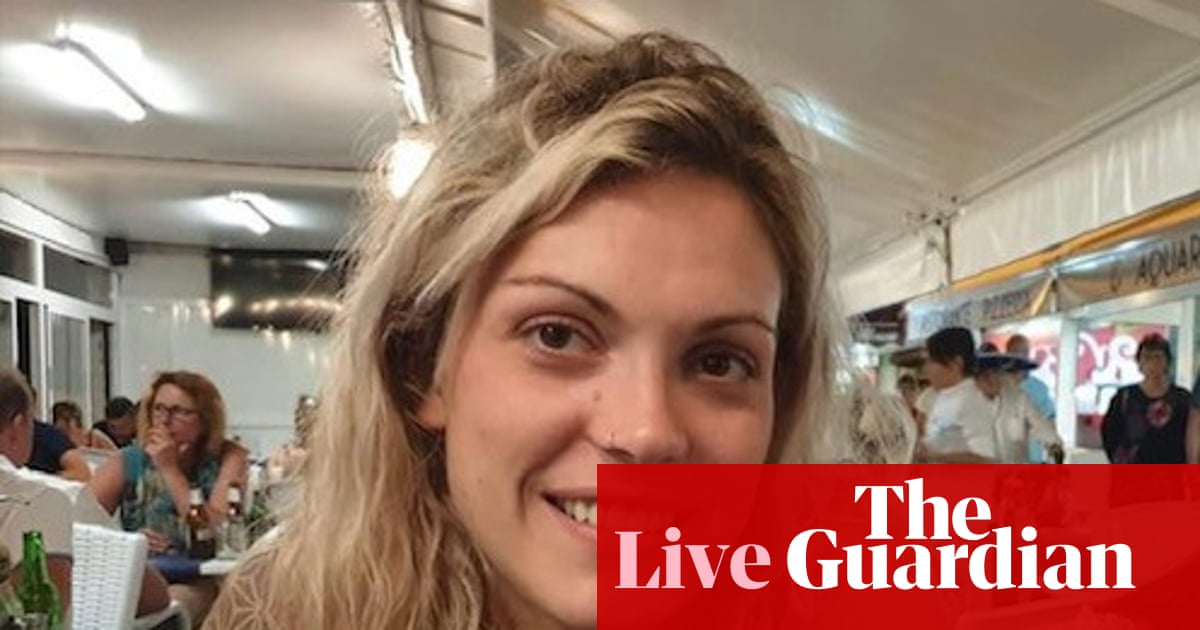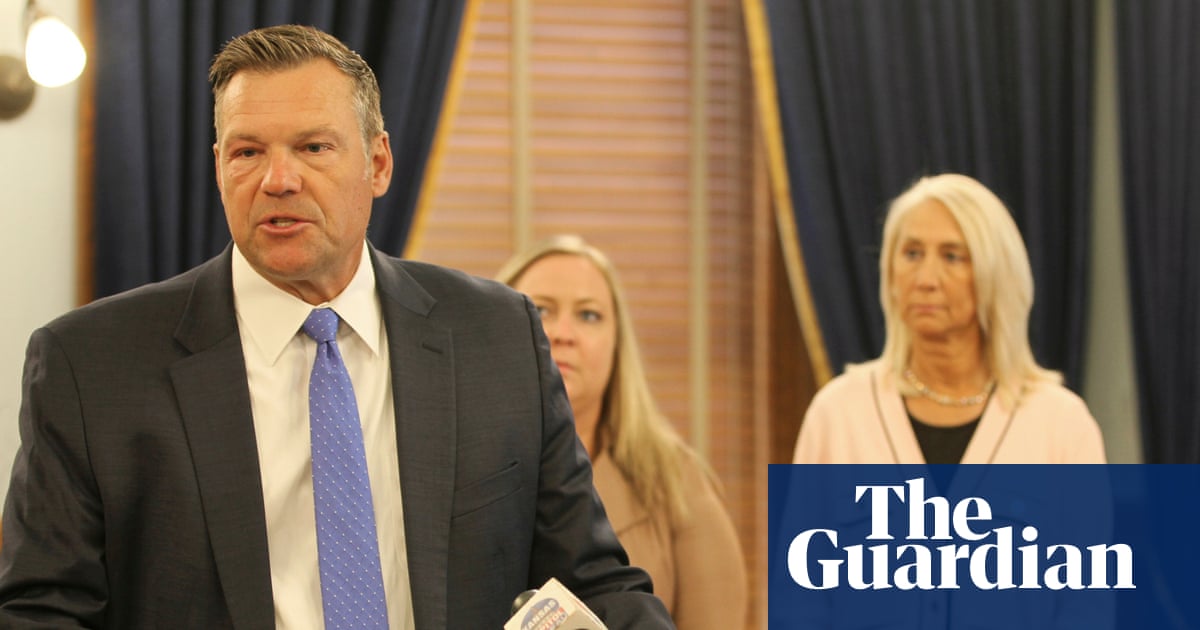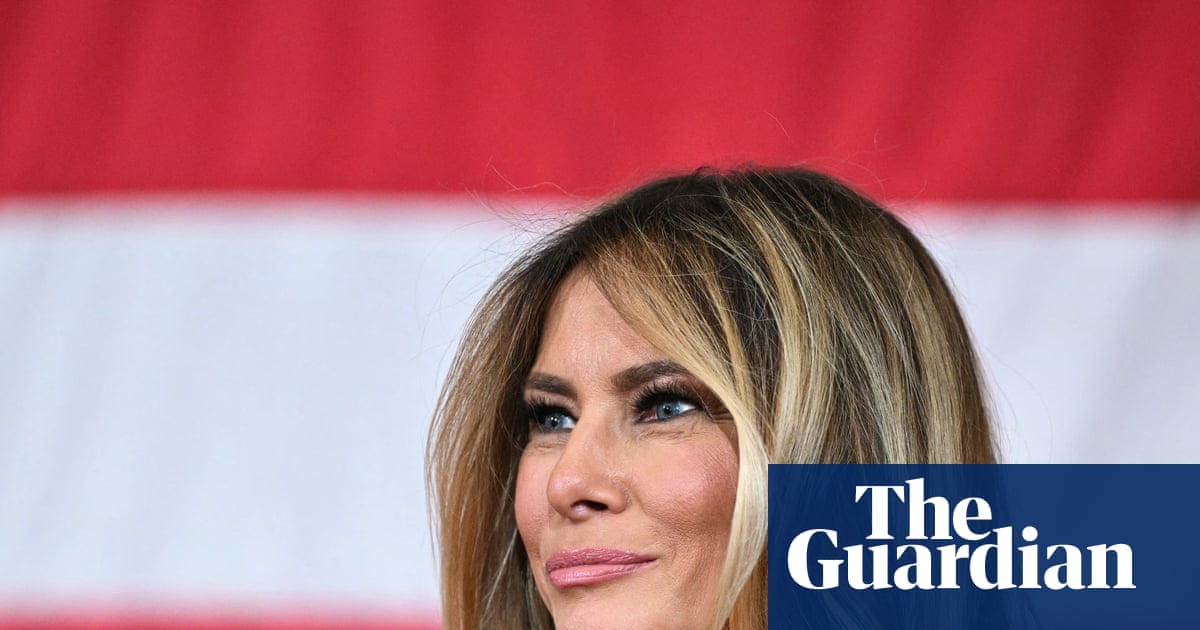Geert Wilders is almost certain to be shut out of the next Dutch government after a knife-edge general election in which support for his far-right Freedom party (PVV) slumped and the liberal-progressive D66 party made spectacular gains.
With more than 98% of votes counted from Wednesday’s election, the two parties were neck-and-neck on a projected 26 seats each in the Netherlands’ 150-seat parliament, with the difference between them only a couple of thousand votes.
“We’ve shown not only to the Netherlands, but also to the world that it is possible to beat populist and extreme-right movements,” D66’s 38-year-old leader, Rob Jetten, told supporters.
The outcome was a big setback for Wilders, however, whose PVV won 37 seats in 2023 then led a splintered and unproductive rightwing coalition that lasted less than a year before he brought it down in a row over his draconian immigration plans.
All major mainstream parties have since ruled out governing with the anti-Islam firebrand, who nonetheless insisted on Thursday that he should take the lead in forming a new government if the PVV ultimately emerged with the most votes.
“As long as there’s no 100% clarity on this, no D66 scout can get started,” he posted on social media, referring to the official traditionally appointed by the biggest party to sound out possible coalitions. “We will do everything we can to prevent this.”
An estimated 90,000 votes from Dutch nationals living abroad may not be fully counted until Monday, election officials have said. Even if his party does finish first, however, Wilders appears to have no viable path to a majority.
The nail-biting finish is likely to lead to delays in coalition talks. Jetten also said on Thursday that he thought the largest party should “have the initiative” in starting talks, adding that results suggested it would be hard for Wilders to reach a majority.
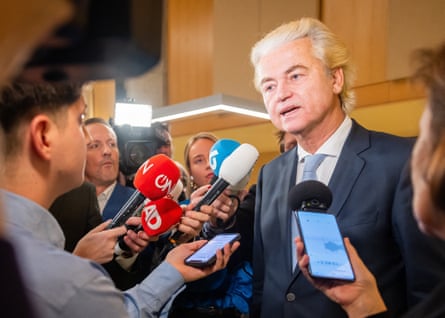
Exit polls on Wednesday evening had predicted a narrow two-seat victory for the centrist D66, with Wilders’ party trailing in second place. But vote counting later indicated a slightly stronger showing for the PVV than initially forecast.
The result remains a momentous win for D66, a 60-year-old pro-European party with liberal economic views but a progressive stance on most social issues, whose biggest previous seat tally was 24 and which had nine just seats in the outgoing parliament.
Jetten, a former climate minister who is in line to become the country’s first out gay prime minister, said on Wednesday that political leaders needed to seek common ground to form a “stable and ambitious” new cabinet, a process that can often take months.
Sarah de Lange, of the University of Leiden, said D66 had been boosted by its “positive, hopeful, can-do campaign, which all our research shows voters prefer to negativity”, and by voters wanting to “signal their desire for a stable, centrist coalition”.
Leonie de Jonge, of the University of Tübingen, said D66 was helped by its ability to appeal to both centre-left and centre-right voters, and by Jetten himself, who was “the anti-Wilders”, appreciated for his “positive, calm and constructive” message.
Under the proportional Dutch system, 0.67% of the vote yields one MP, a bar that was cleared by 15 of the 27 parties contesting the election. No single party ever wins a majority, and the country has been governed by coalitions for more than a century.
Analysts suggested that the most likely constellation for the next government would be a broad D66-led coalition including the night’s other big winners, the Christian Democrat CDA, plus the liberal-conservative VVD and the centre-left GL/PvdA.
The CDA, who under their youthful leader, Henri Bontenbal, also campaigned for a return to “decent”, “responsible”, “respectful and on-topic” politics after the most extreme government in recent Dutch history, nearly quadrupled its seat tally to 18.
The VVD, which – like the other three members of the chaotic PVV-led cabinet – had fallen sharply in the polls before the vote, in the end managed to salvage a respectable result, finishing third on 22 seats, only two down on its previous tally.
The party, long led by the former prime minister Mark Rutte, is now headed by a former refugee from Turkey, Dilan Yeşilgöz-Zegerius, whose future as party leader appeared in doubt before the vote but can now hope to be part of a centre-right government.
The GL/PvdA, however, suffered a disappointing night, tumbling from 25 seats to 20. The party’s leader, Frans Timmermans, a former European Commission vice-president, said he was quitting Dutch politics.
That broad D66-led coalition would have 86 seats, a majority of 10. An alternative formation – more rightwing alliance of D66, VVD, CDA and JA21, a radical right spin-off from the PVV – had earlier appeared possible but would have only 75 seats, one short of a majority.
However, analysts said it could take a long time to negotiate, with the conservative VVV in particular having long insisted it would not govern with the centre-left GL/PvdA. “Timmermans’ departure may make that easier,” de Lange said.
Wilders’ setback did not mark a defeat for far-right populism in the Netherlands, cautioned de Jonge, noting that two other far-right parties, Forum for Democracy (FvD) and JA21, had made significant gains.
“This is not peak populism,” she said. “As a bloc, the far right gained one seat.” With trust in politicians at an all-time low, the next government faced a “hell of a job to pick up the pieces” and meet major challenges such as housing, climate change and migration, de Jonge said.

.png) 3 months ago
57
3 months ago
57
